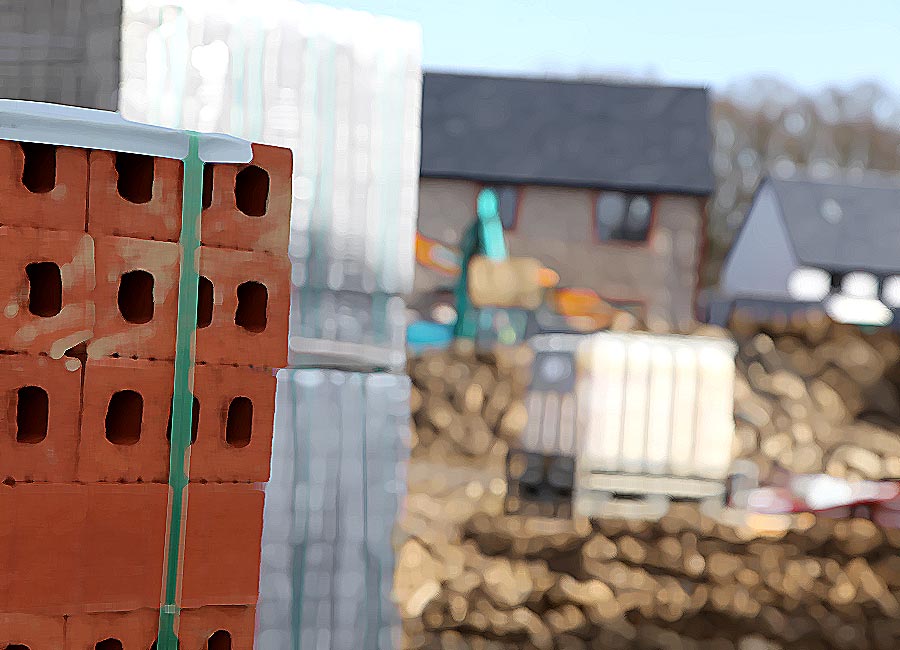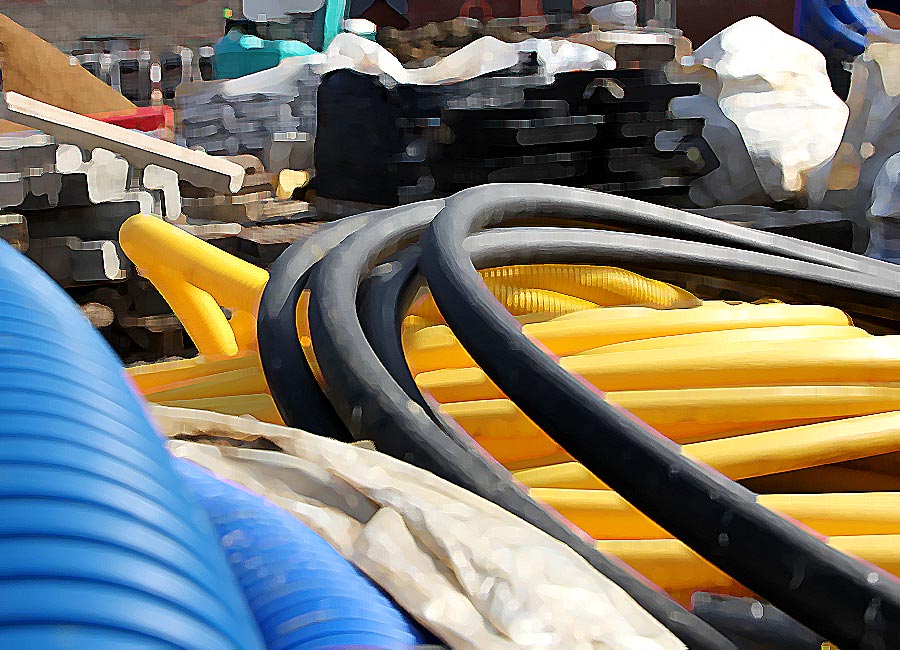Trades, Labour & Plant Operatives
At FBR, a dedicated and highly professional team specialises in the recruitment of trades and labour personnel to the construction sector. So, if you’re a candidate looking for the perfect job or an employer searching for someone with a specific set of skills, we offer the highest quality service and will match the right job with the right person.
FBR has extensive knowledge and experience in the construction industry. So, we’re well-versed at proactively filling roles — and promptly. Clients from Residential Developers, Main Contractors and Civil Engineers to those working in Fit-Out and Refurbishment will all find our recruitment service unrivalled in quality and efficiency.
And, for candidates looking to line up their next job, we’ll work hard to find the right opportunity and company to suit you. From specialist trade positions like electricians and plasterers to digger operators, general labourers and crane operators, we’ll ensure that you fit the job and the job fits you.
We find the right opportunity for the candidate and, for clients, the best person for the job.
| Labourers | Skilled Labourers | Ground Workers |
| Plumbers | Gatemen | Cleaners |
| Carpenters (1st & 2nd fix) | Handypersons | Multi Traders |
| Painters | Decorators | Plasterers |
| Bricklayers | Tower Crane Operators (Saddle & Luffer) | Pedestrian Crane Operators |
| Crawler Crane Operators | Slinger Signallers | Lifting Supervisors |
| Telescopic Forklift Drivers | Self-Propelled Boom Operators | Scissor Lift Operators |
| Traffic Marshalls | Digger 360 Operators | Shuttering Carpenters |
| Hoist Operators | 180 Operators | Steel Fixers |
At FBR, a dedicated and highly professional team specialises in the recruitment of trades and labour personnel to the construction sector. So, if you’re a candidate looking for the perfect job or an employer searching for someone with a specific set of skills, we offer the highest quality service and will match the right job with the right person.
FBR has extensive knowledge and experience in the construction industry. So, we’re well-versed at proactively filling roles — and promptly. Clients from Residential Developers, Main Contractors and Civil Engineers to those working in Fit-Out and Refurbishment will all find our recruitment service unrivalled in quality and efficiency.
And, for candidates looking to line up their next job, we’ll work hard to find the right opportunity and company to suit you. From specialist trade positions like electricians and plasterers to digger operators, general labourers and crane operators, we’ll ensure that you fit the job and the job fits you.
We find the right opportunity for the candidate and, for clients, the best person for the job.
| Labourers | Skilled Labourers | Ground Workers |
| Plumbers | Gatemen | Cleaners |
| Carpenters (1st & 2nd fix) | Handypersons | Multi Traders |
| Painters | Decorators | Plasterers |
| Bricklayers | Tower Crane Operators (Saddle & Luffer) | Pedestrian Crane Operators |
| Crawler Crane Operators | Slinger Signallers | Lifting Supervisors |
| Telescopic Forklift Drivers | Self-Propelled Boom Operators | Scissor Lift Operators |
| Traffic Marshalls | Digger 360 Operators | Shuttering Carpenters |
| Hoist Operators | 180 Operators | Steel Fixers |
Looking to match the right skill set with the right job?
Contact FBR Recruitment today.
Looking to match the right skill set with the right job?
Contact FBR Recruitment today.






